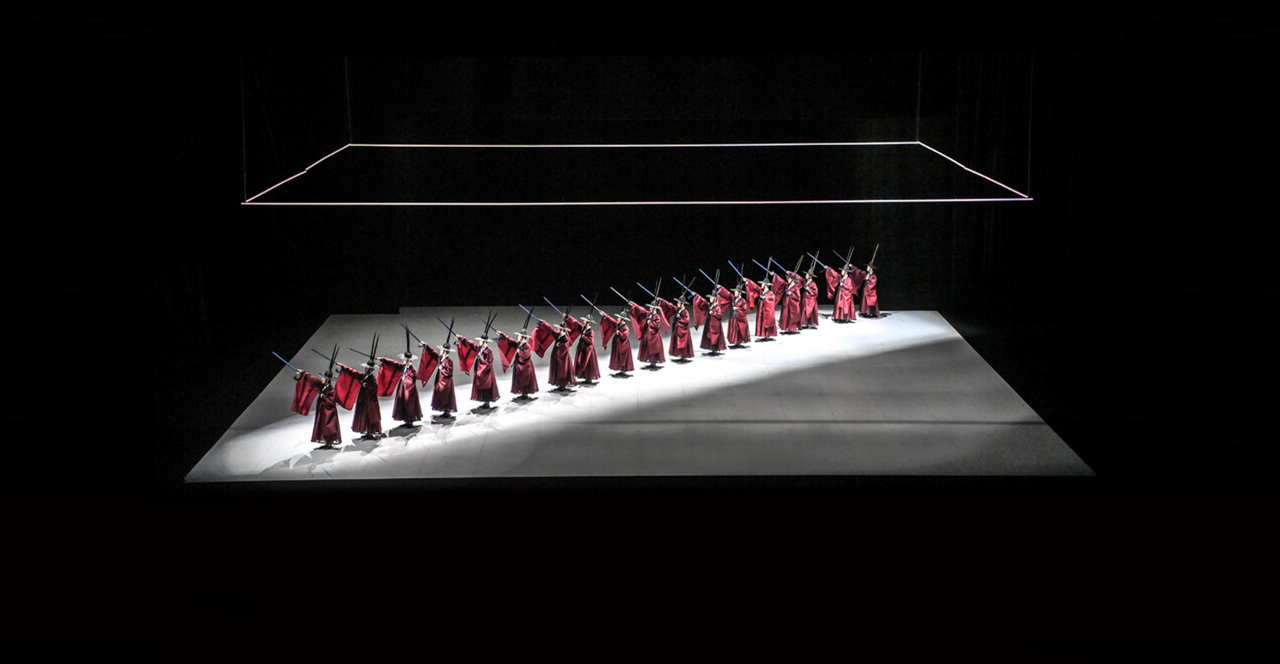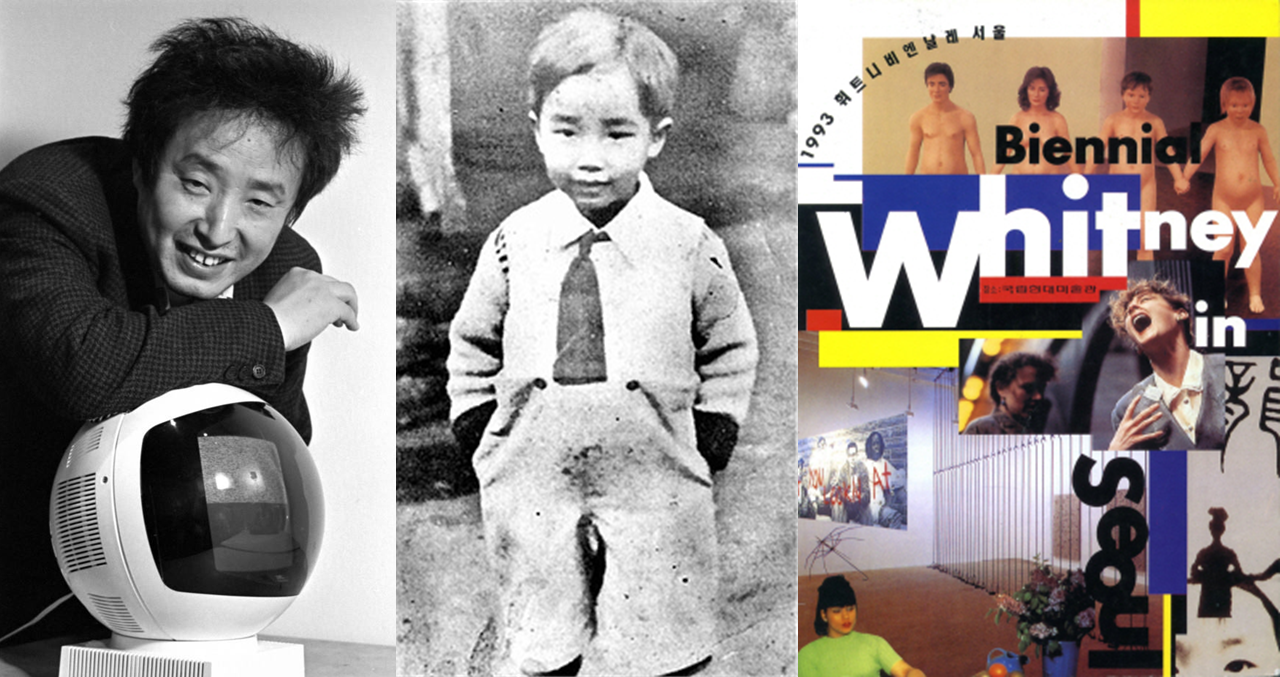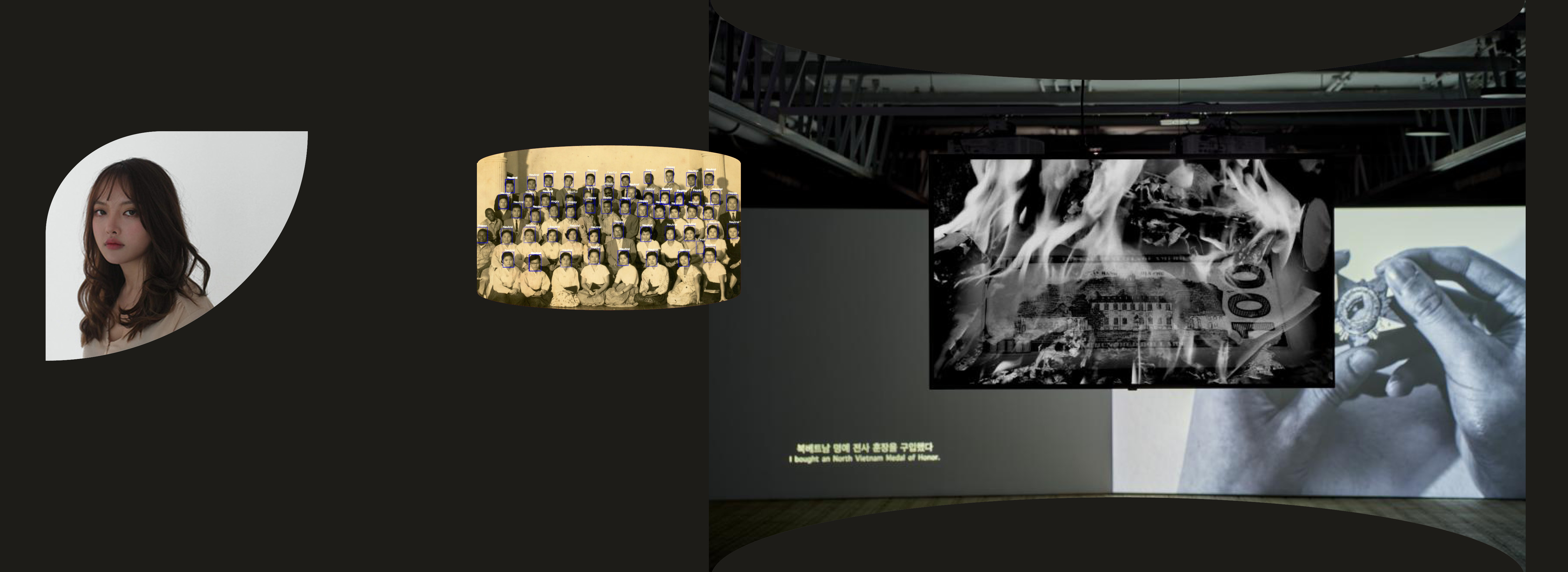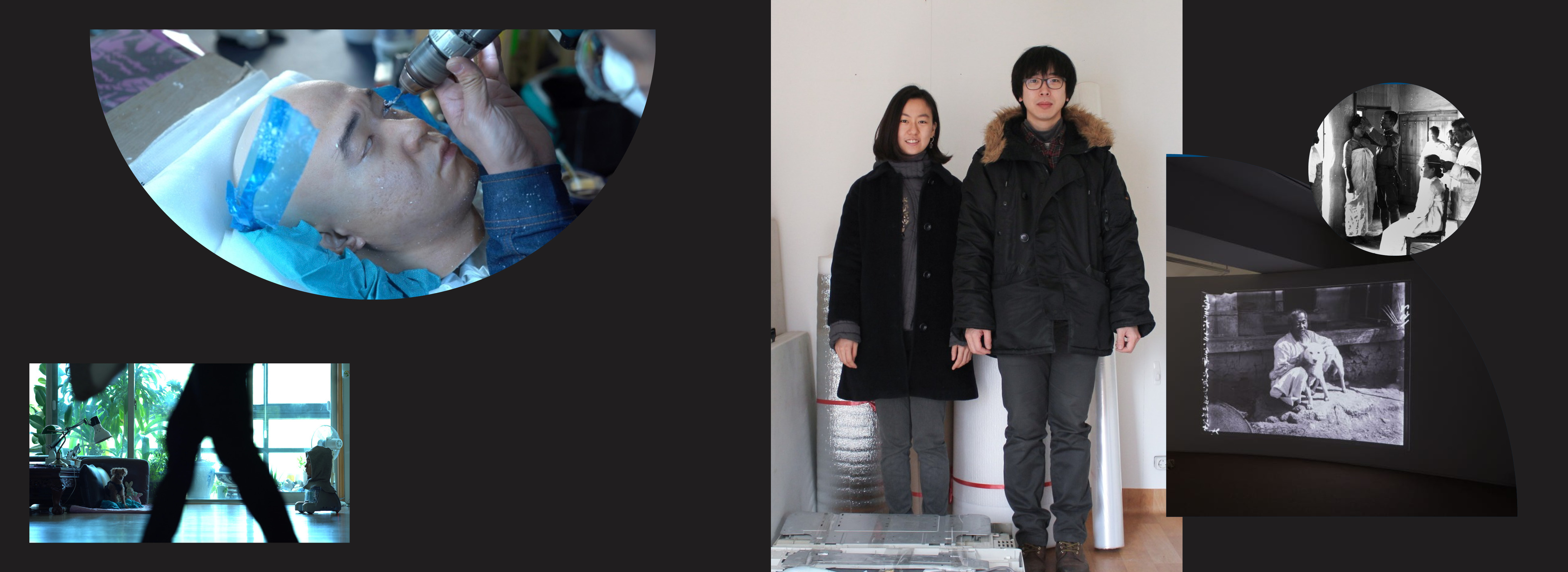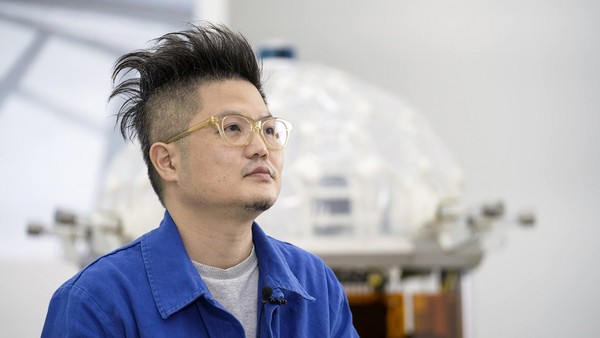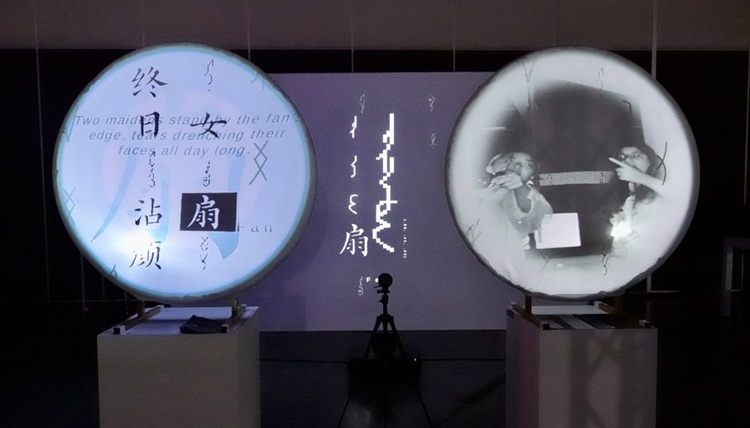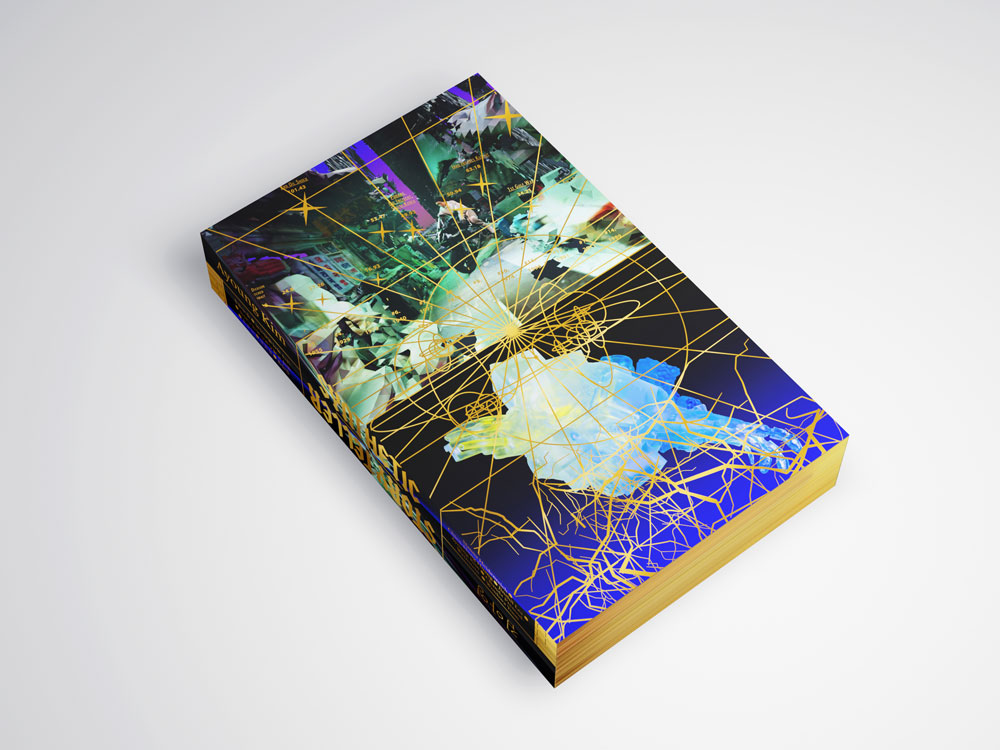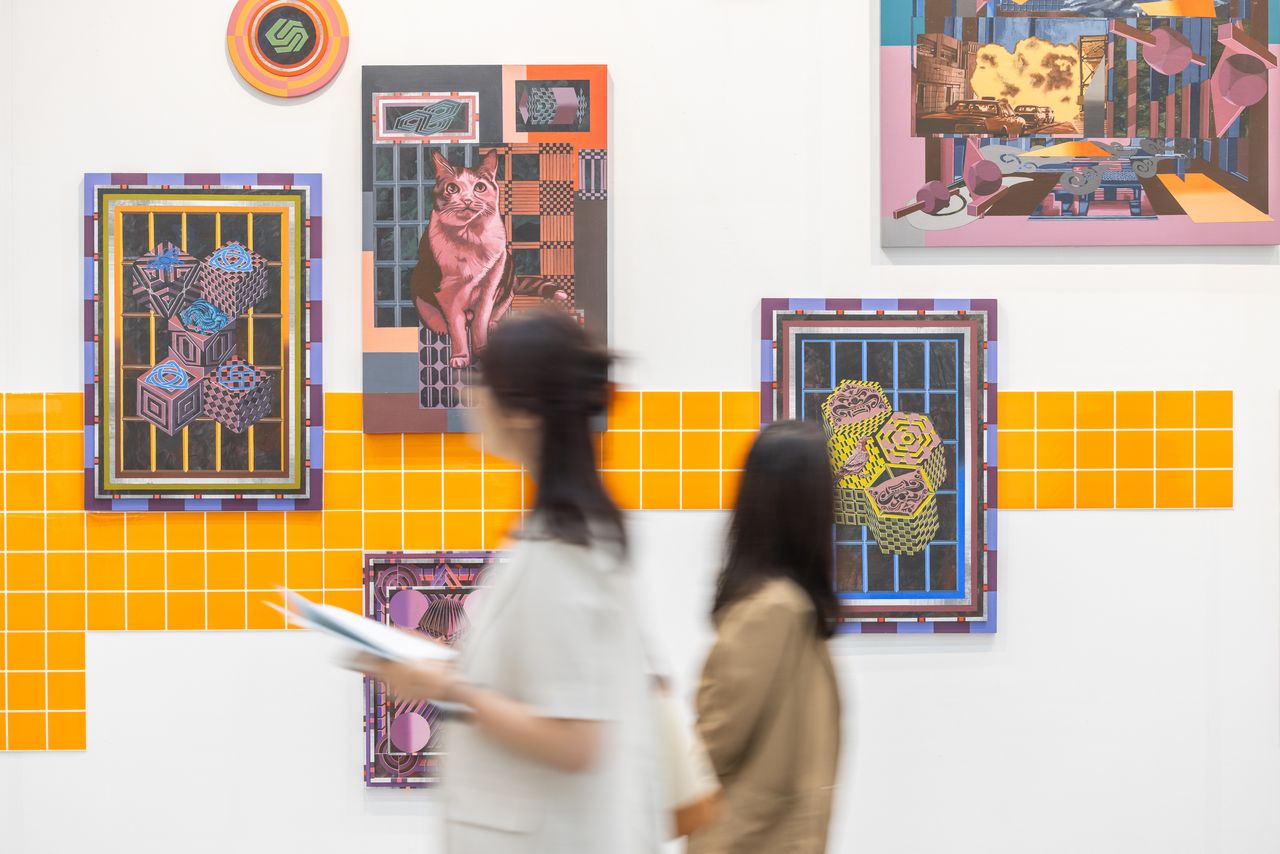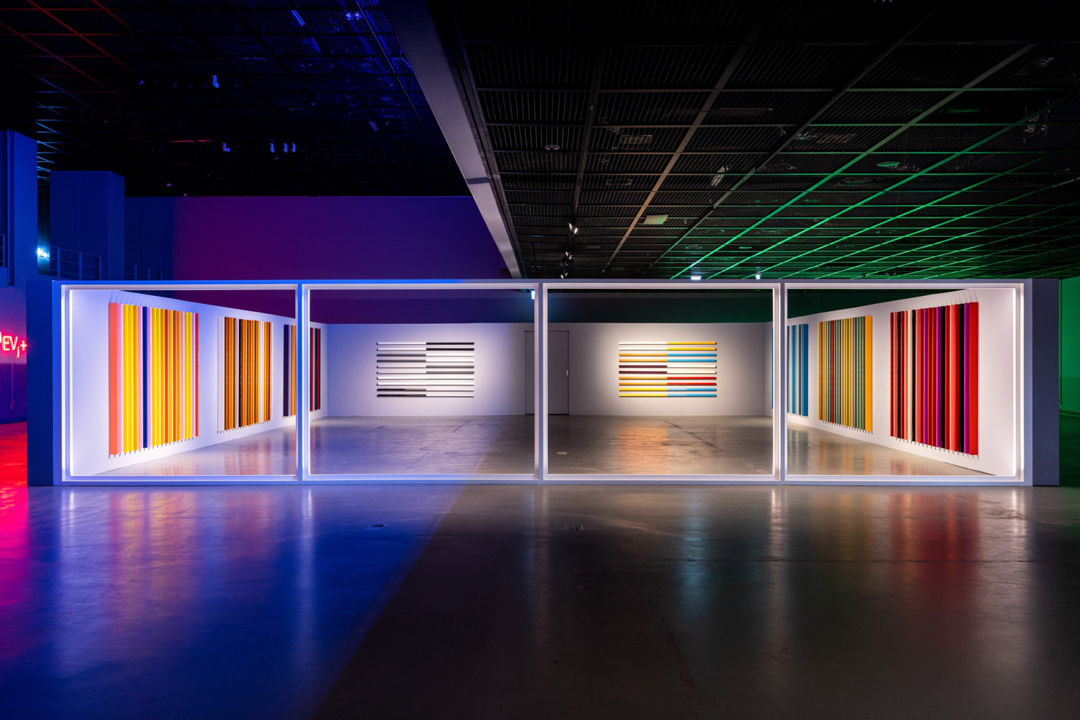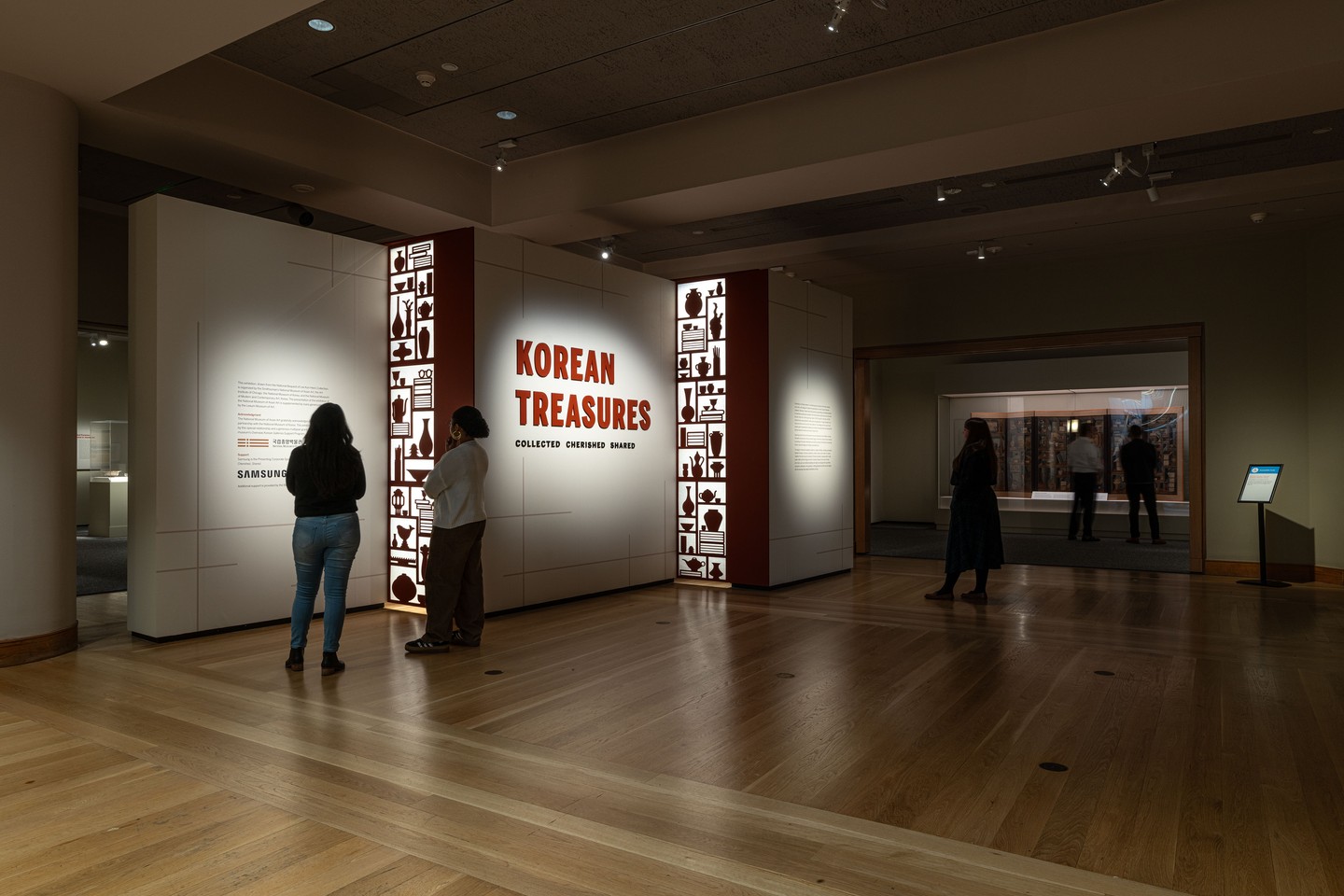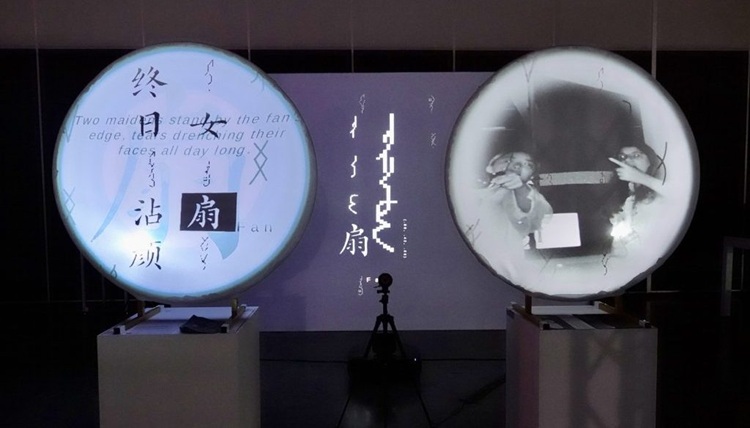
Installation view of AI Nüshu (女书) ©KAIST
On October 10, a research team from the
Korea Advanced Institute of Science and Technology (KAIST) was awarded the
Honorary Mention in the Digital Humanity category at the Prix Ars Electronica
2025, the world’s most prestigious media art festival, for their project AI
Nüshu (女书),
which reinterprets Nüshu (the world’s only women’s script) through artificial
intelligence.
'Nüshu (女書)' is the
world's only women's script, a unique writing system created autonomously by
women in Hunan Province, China, starting around the 19th century. These women,
excluded from Hanzi education, used it to record their lives and communicate
with each other.
The project AI Nüshu,
jointly conducted by Professor Chang-Hee Lee’s research team from the
Department of Industrial Design at KAIST and Ali Asadipour, Director of the
Computer Science Research Center at the Royal College of Art (RCA), drew
significant attention by combining the cultural meanings of Nüshu—creativity
under oppression, female solidarity, and linguistic experimentation—with
contemporary technology.
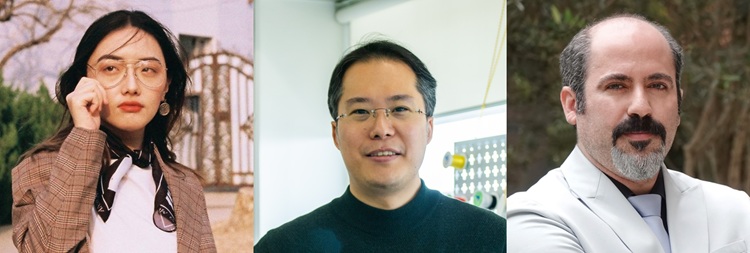 (From left) Dr.
Yuqian Sun, Professor Chang-Hee Lee of the Department of Industrial Design, and
Ali Asadipour, Director of CSRC at the Royal College of Art ©KAIST
(From left) Dr.
Yuqian Sun, Professor Chang-Hee Lee of the Department of Industrial Design, and
Ali Asadipour, Director of CSRC at the Royal College of Art ©KAIST
The KAIST research team and collaborators
combined this script with Computational Linguistics to create an installation
that visitors can directly experience.
The artificial intelligence within the
artwork learns the communication methods of pre-modern Chinese women and
generates its own new language. This is regarded as a symbol of resistance
against the patriarchal order and a feminist endeavor that moves beyond
Western-centric views on language.
It also received high praise for
artistically presenting the possibility of machines creating new languages,
going beyond the preconception that 'only humans create language.'
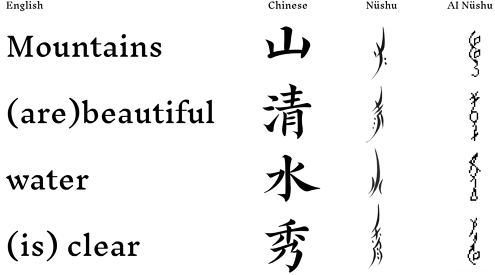
Example of the same sentence expressed in English, Chinese, Nüshu, and AI Nüshu ©KAIST
Dr. Yuqian Sun of the Royal College of Art
expressed her feelings, saying, "Although there were many difficulties in
my life and research process, I feel great reward and emotion through this
award."
Professor Chang-Hee Lee of the KAIST
Department of Industrial Design stated, "It is very meaningful that this
contemplative art, born from the intersection of history, humanities, art, and
technology, has led to such a globally prestigious award."
The 'Prix Ars Electronica,' known as the
'Academy Award of the media art world,' is the premier international media art
competition held annually in Linz, Austria. This competition, which discovers
innovative works spanning the boundaries of art and science, saw 3,987
submissions from 98 countries this year, with only two works receiving the
honor in the Digital Humanity category.
Detailed information about the project can
be found on the official Prix Ars Electronica website
(https://ars.electronica.art/prix/en/digitalhumanity/).



